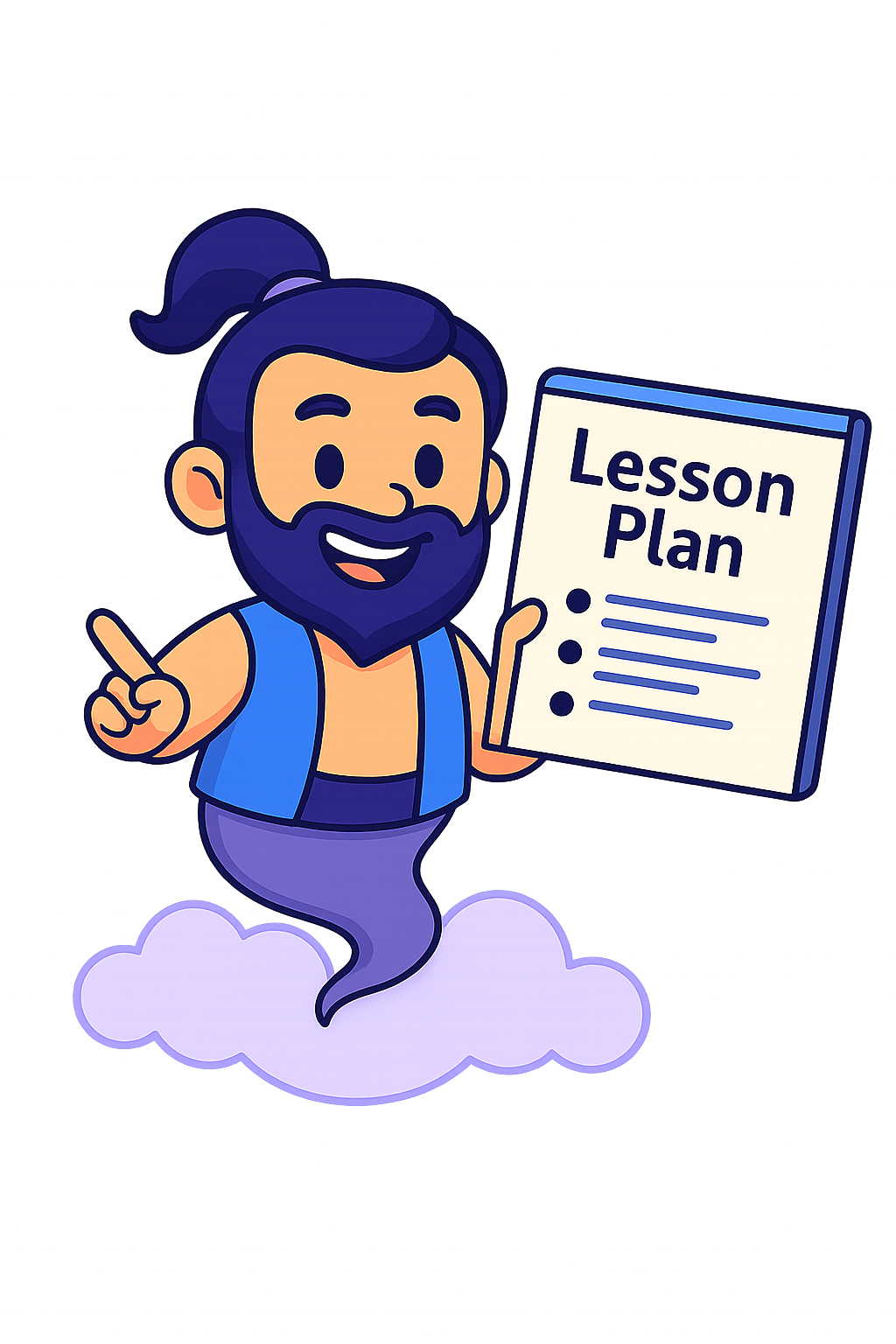 Understanding and Using Singular and Plural Nouns
Understanding and Using Singular and Plural Nouns
Objective: Students will learn to identify singular and plural nouns and use them correctly in sentences, focusing on the addition of ‘s’ or ‘es’ to form plurals.
Learning Objectives
- Recognize the difference between singular and plural nouns.
- Form plural nouns by adding ‘s’ or ‘es’ to singular nouns.
- Use singular and plural nouns correctly in simple sentences.
Materials Needed
- Picture cards showing singular and plural objects (e.g., cat/cats, box/boxes)
- Worksheet with sentences to fill in singular or plural nouns
- Pencils
- Whiteboard and markers
Key Vocabulary
- Singular
- Means one person, place, thing, or idea.
- Plural
- Means more than one person, place, thing, or idea.
- Noun
- A word that names a person, place, thing, or idea.
Detailed Activities
Introduction to Singular and Plural Nouns
- Show picture cards of singular nouns and say the word aloud with the student.
- Explain that these words name one thing and are called singular nouns.
- Show the matching plural picture cards and explain adding ‘s’ or ‘es’ means more than one.
- Practice saying the singular and plural forms together.
Worksheet Practice
- Give the student a worksheet with sentences missing nouns.
- Read each sentence aloud and ask the student to decide if the noun should be singular or plural.
- Have the student write the correct form of the noun in the blank space.
- Review answers together and correct gently if needed.
Sentence Creation Game
- Use the picture cards to prompt the student to create their own sentences using singular and plural nouns.
- Write the sentences on the whiteboard for visual support.
- Encourage the student to say the sentences aloud to reinforce learning.
Parent & Instructor Notes
- Encourage your child to listen carefully to the difference between singular and plural words during reading or daily conversations.
- Use everyday objects at home to practice naming them in singular and plural forms.
- Be patient and offer lots of praise to build confidence.
Assessment Questions
- Can you tell me if this word is singular or plural: ‘dogs’?
- How do you change the word ‘box’ to make it plural?
- Can you make a sentence with the plural noun ‘cats’?
Extension Ideas
- Create a small book with your child illustrating singular and plural nouns they find around the house.
- Play a matching game where the child matches singular nouns with their plural forms.
- Introduce irregular plural nouns like ‘children’ and ‘feet’ for further challenge.
Frequently Asked Questions
This is normal at this stage. Repetition and gentle correction help. Use clear examples and real objects to illustrate the concept.
Short daily reviews of 5-10 minutes over a week help reinforce understanding without overwhelming your child.
Teacher’s Guide
Common Misconceptions:
- Children may think adding ‘s’ always works; some nouns are irregular.
- Students might confuse the sound of plural endings and their spelling.
Scaffolding Ideas:
For Struggling Students:
- Use fewer examples and focus on just adding ‘s’ before introducing ‘es’.
- Incorporate more hands-on activities with physical objects.
For Advanced Students:
- Introduce irregular plural nouns and have the student identify and use them.
- Challenge the student to write a short story using both singular and plural nouns correctly.
Pacing Recommendations:
- Spend about 15 minutes on introduction and explanation.
- Use 20 minutes for worksheet practice and review.
- Finish with 10 minutes of sentence creation and oral practice.
Standards
- 1.L.1j — Demonstrate understanding of the basic features of print, including the difference between singular and plural nouns by adding ‘s’ or ‘es’.
Printable Worksheet
Plan Your Own Lesson
Looking for a custom lesson plan? Try our Lesson Planning Generator — create standards-based plans for any topic, instantly!
Common Core Aligned Lesson Plans
Looking for another common core lesson? See all of the lesson plans here.
More Free Lesson Plans
We’re adding more every week! Check back soon or explore all our lesson plans here.

 Understanding and Using Singular and Plural Nouns
Understanding and Using Singular and Plural Nouns
Leave a Reply